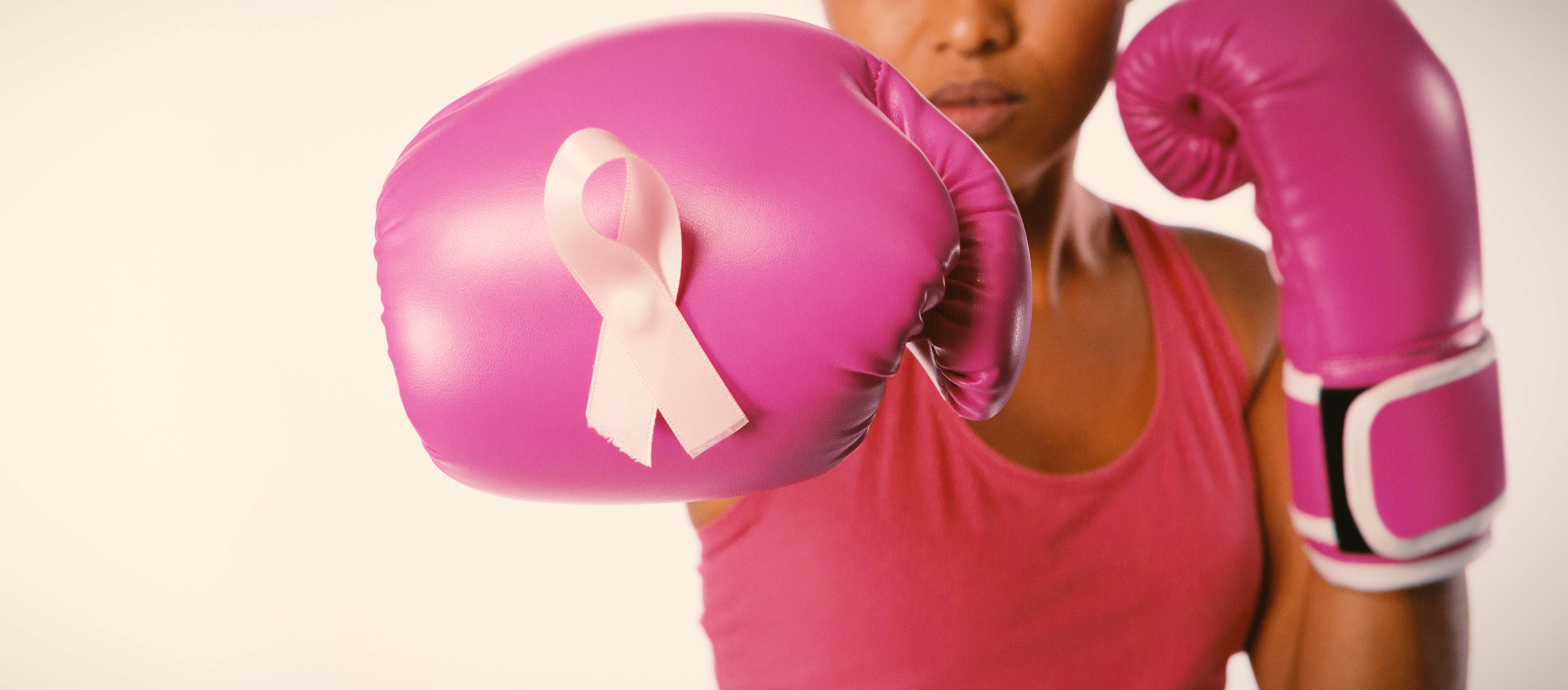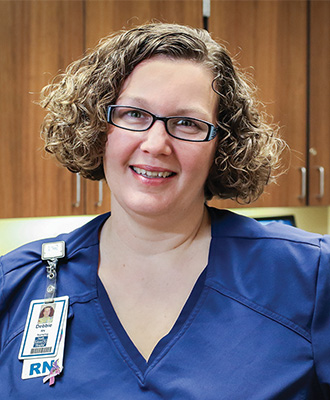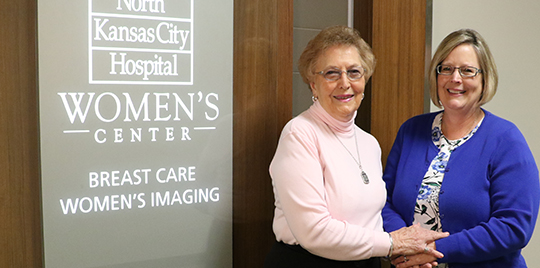No Mammogram? No Excuses
October 4, 2021By: Debbie Ball
Categories: Cancer, Gynecology, Live Healthy, Prevention, Your Wellness

It’s normal to feel a little anxious about getting your first mammogram. In fact, it’s normal to feel that way before every mammogram. It’s easy to make excuses to skip your annual screening. But monthly breast self-exams and annual mammograms are essential in the fight against breast cancer. No excuses.
Top Excuses for Skipping a Mammogram
Request an Appointment
If it’s been over a year since your last screening, it’s time to make your mammo appointment.
I’m afraid it will hurt. Some women find mammograms uncomfortable. The trained techs in our Women’s Imaging Center make your experience as comfortable and painless as possible while getting the images they need.
I’m not comfortable with a stranger touching my breasts. The techs aren’t thinking about your breasts. They’re focused on getting the best images possible, so you and your doctor know exactly what’s going on.
I don’t have time. At NKCH, our staff has the mammography process down to a science. Most women are out the door in 30 minutes.
I’m scared. That’s normal. Consider scheduling a mammogram with a friend, sister or your mom.
The bottom line? None of these excuses are good enough to miss this must-have health screening.
Breast Self-Exams for Breast Awareness
Breast awareness through breast self-exams helps you understand how your breasts normally look and feel, so you know immediately when something has changed. Self-exams shouldn’t take the place of your annual mammogram. They only help monitor your breast health between annual screenings.
Annual breast cancer screenings alert you and your healthcare provider to changes in your breasts that may need further testing, including small lumps your monthly exam can’t detect.
Breast Lumps Are Common
The good news is that cancer is not the cause of most breast lumps. Common causes of breast lumps include:
- Cysts
- Fibroadenoma
- Fibrocystic breasts
- Intraductal papilloma (a milk duct growth)
- Lipoma (a slow-growing fatty mass that is typically harmless)
- Mastitis (a breast tissue infection that often affects women who are breastfeeding)
- Milk cyst (a harmless milk-filled cyst)
- Trauma or injury
However, any time you notice a lump or change, call your doctor and get it checked out.



